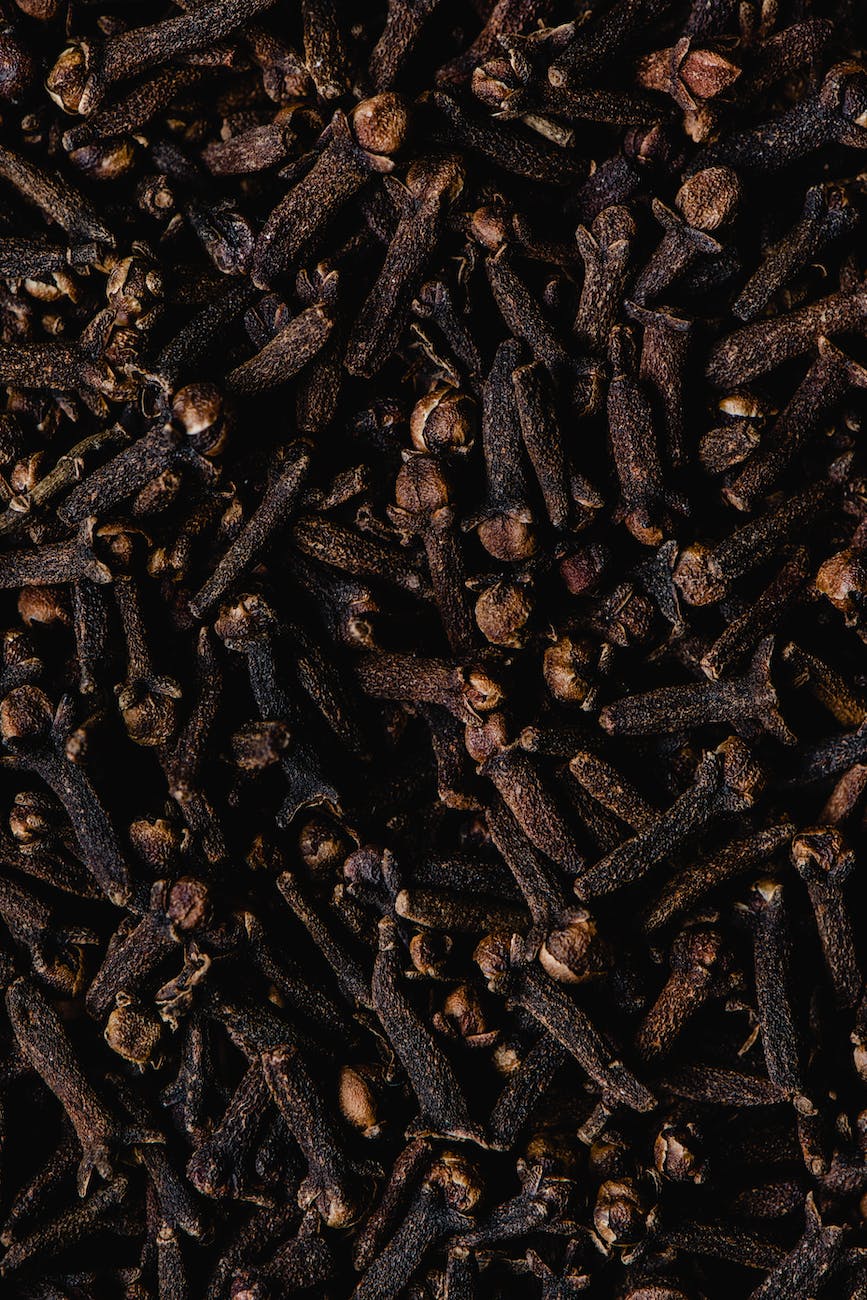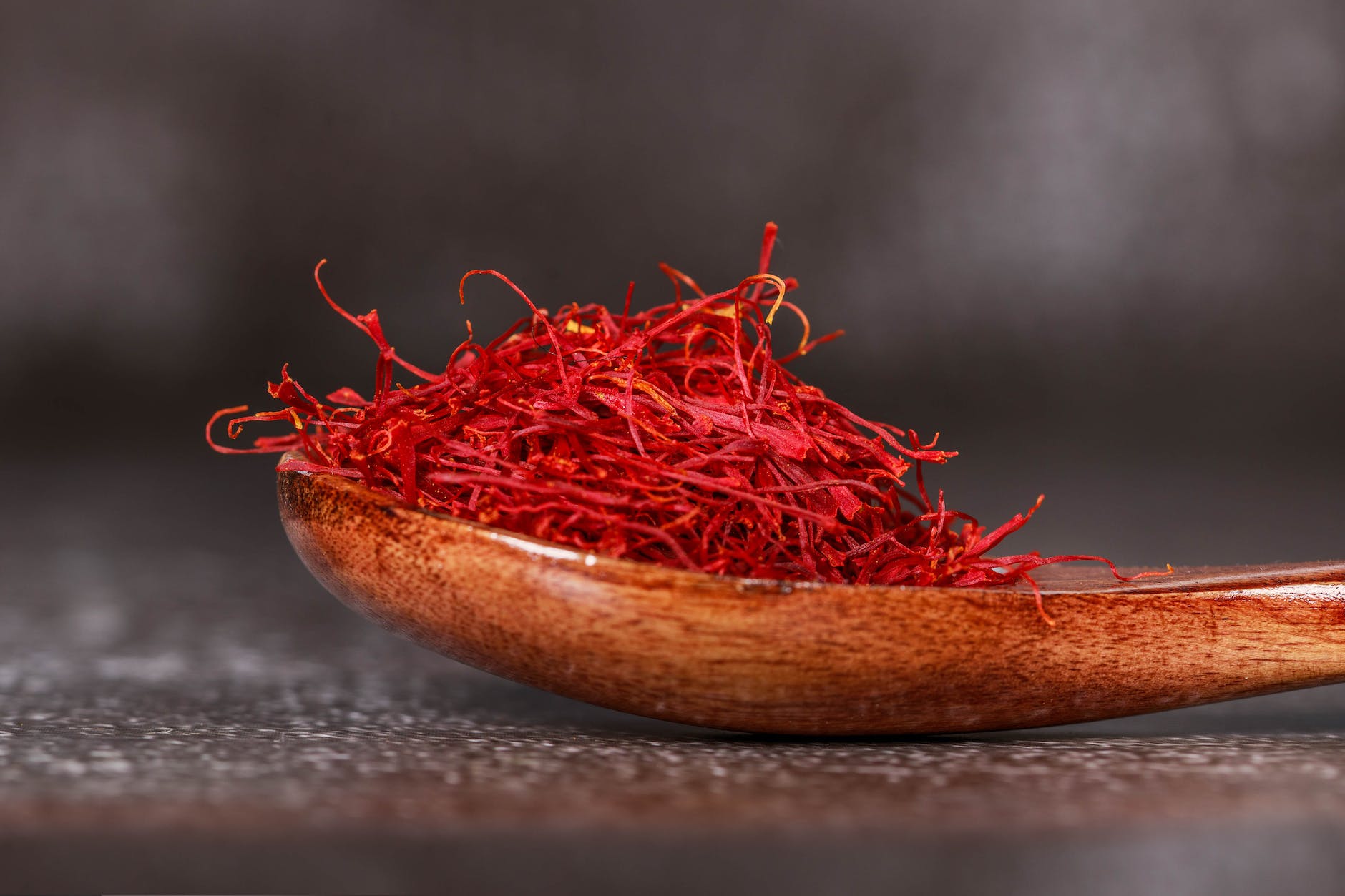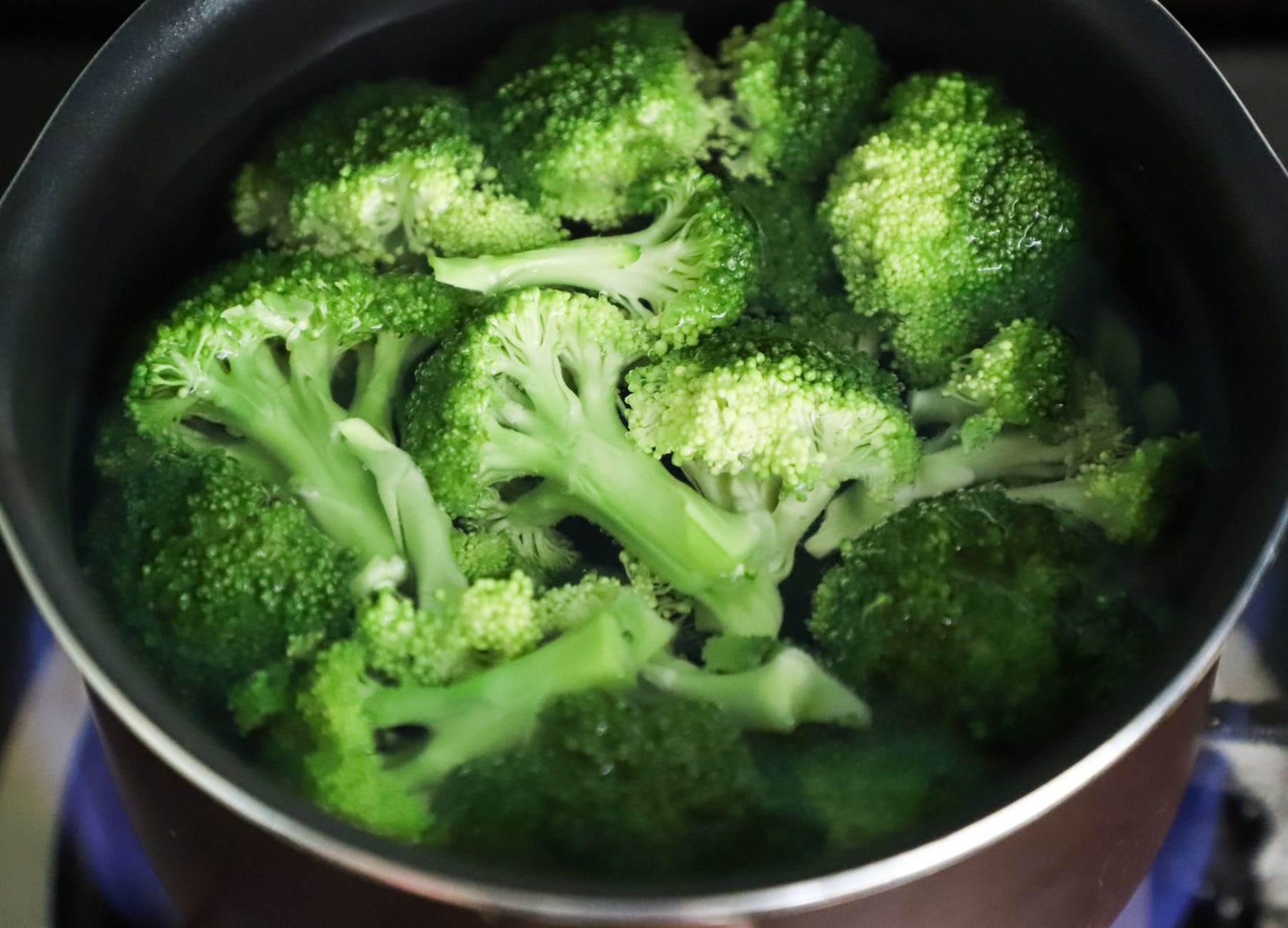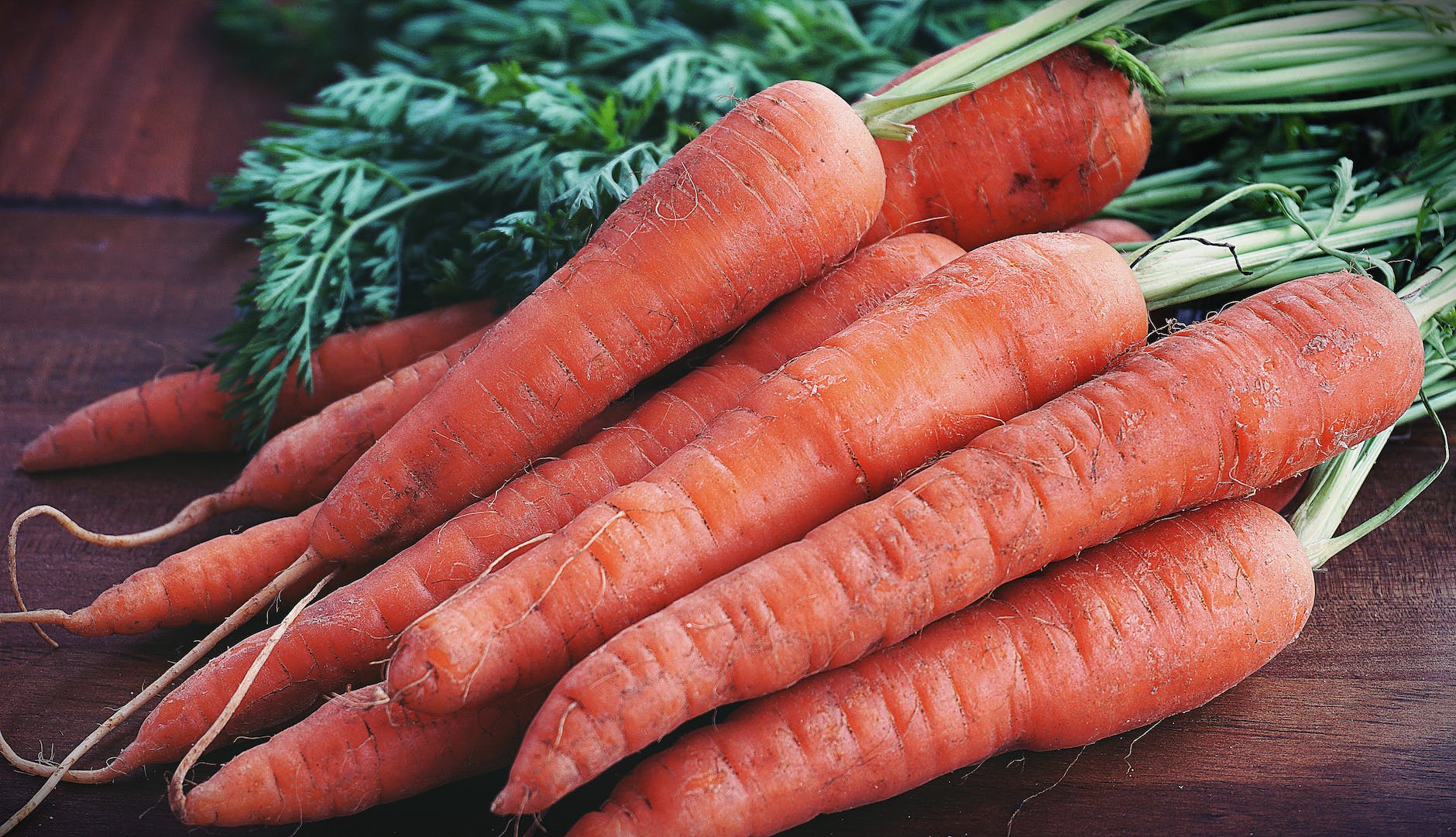
n the realm of natural beverages that offer both refreshment and health benefits, clove water stands out as a true gem. Made by infusing cloves in water, this delightful concoction not only tantalizes your taste buds but also holds within it a multitude of remarkable benefits for your well-being. From supporting digestion and oral health to boosting the immune system, regulating blood sugar levels, and aiding in weight management, clove water is a powerful elixir that deserves recognition and attention.
Imagine taking a sip of a revitalizing drink that not only quenches your thirst but also soothes your digestive system and freshens your breath. Clove water offers just that and more. Within its aromatic and flavorful depths lie an array of advantages that can transform your health and elevate your daily wellness routine.
As we embark on this journey into the world of clove water, we will delve into each benefit, unraveling the science behind its remarkable effects. Whether you’re seeking relief from digestive discomfort, a boost to your immune system, or support in managing blood sugar levels, clove water offers a natural and holistic approach to well-being.
But the benefits don’t stop there. Clove water also possesses properties that can enhance respiratory health, boost metabolism, and provide antioxidant protection. This humble beverage, infused with the essence of cloves, holds immense potential for transforming your health and bringing balance to your body.
Throughout this article, we will explore each benefit in detail, uncovering the secrets that make clove water an indispensable addition to your daily routine. From the moment you take your first sip, you’ll discover the wonders that unfold within each drop of this captivating elixir.
So, prepare to embark on a journey of discovery and wellness as we unveil the remarkable benefits of clove water. From its soothing effects on digestion to its immune-boosting properties, metabolic support, and more, we invite you to sip, savor, and embrace the power of clove water in nurturing your body and enhancing your overall well-being. Let us begin this enlightening exploration into the captivating world of clove water.
Soothing Digestion and Freshening Breath
When it comes to promoting healthy digestion and fresh breath, clove water takes the spotlight. Let’s explore the remarkable benefits it offers in this domain:
- Soothing Digestive Discomfort: Clove water has been traditionally used to ease digestive issues such as bloating, gas, and indigestion. The active compounds in cloves, including eugenol, possess anti-inflammatory and analgesic properties that can provide relief from discomfort and promote a calm digestive system. By sipping on clove water, you can soothe an upset stomach and alleviate digestive woes.
- Enhancing Digestive Function: Clove water can stimulate the production of digestive enzymes, which aids in the breakdown of food and improves overall digestion. The presence of these enzymes helps the body effectively process nutrients and facilitates the absorption of essential vitamins and minerals. By incorporating clove water into your routine, you may experience smoother digestion and reduced instances of digestive discomfort.
- Freshening Breath: The aromatic compounds found in cloves contribute to their natural breath-freshening properties. Clove water can help combat oral bacteria that are responsible for causing bad breath. By drinking clove water, you can enjoy a refreshing and pleasant mouthfeel while keeping your breath naturally fresh throughout the day.
- Supporting Oral Health: Clove water offers benefits beyond fresh breath. The antimicrobial properties of cloves make them effective in preventing oral infections, tooth decay, and gum diseases. Clove water acts as a natural mouthwash, helping to maintain a healthy oral environment and promoting overall dental well-being.
Incorporating clove water into your daily routine can offer a soothing and refreshing experience for your digestive system while keeping your breath fresh and your oral health in check. The next section will delve into the immune-boosting properties and anti-inflammatory benefits of clove water, further highlighting its extraordinary potential for enhancing overall well-being.
Immune Support and Anti-Inflammatory Benefits
In addition to its digestive and oral health benefits, clove water also offers remarkable immune support and anti-inflammatory properties. Let’s explore how clove water can boost your immune system and help reduce inflammation:
- Immune System Enhancement: Cloves are rich in antioxidants, which play a crucial role in supporting a healthy immune system. Antioxidants help protect the body against oxidative stress and free radicals, which can weaken the immune system. By consuming clove water, you provide your body with a dose of these powerful antioxidants, strengthening your immune defenses and potentially reducing the risk of infections and illnesses.
- Anti-Inflammatory Effects: Chronic inflammation has been linked to numerous health issues, including cardiovascular diseases and certain types of cancers. Cloves contain compounds that possess anti-inflammatory properties, such as eugenol and beta-caryophyllene. Drinking clove water may help reduce inflammation in the body, providing relief for conditions such as arthritis and inflammatory bowel disease.
- Respiratory Health Support: Cloves have been traditionally used to address respiratory issues like coughs, colds, and congestion. The aromatic compounds in cloves, when ingested as clove water or inhaled as steam, can help soothe the respiratory system, alleviate coughing, and open up the airways. This makes clove water a comforting beverage during respiratory discomfort.
By incorporating clove water into your daily routine, you can support your immune system, reduce inflammation, and promote respiratory health. As we move forward, let’s explore how clove water can also play a role in regulating blood sugar levels and supporting overall metabolic health.
Blood Sugar Regulation and Metabolic Health
Maintaining stable blood sugar levels is crucial for overall health, and clove water can play a supportive role in regulating blood sugar and promoting metabolic health. Let’s explore the benefits of clove water in this aspect:
- Regulating Blood Sugar Levels: Clove water contains active compounds that have been shown to help regulate glucose metabolism. Consuming clove water may help prevent rapid spikes in blood sugar levels after meals, promoting more stable blood sugar control. This can be particularly beneficial for individuals with diabetes or those looking to manage their blood sugar levels.
- Supporting Insulin Function: Insulin is a hormone responsible for regulating blood sugar levels. Studies suggest that cloves may enhance insulin secretion and improve insulin sensitivity. By incorporating clove water into your routine, you can potentially support insulin function, leading to better blood sugar control.
- Metabolism Boost: Clove water offers metabolism-boosting properties that can aid in weight management. The active compounds in cloves, such as eugenol, may help increase metabolic rate and enhance fat burning. By drinking clove water, you can potentially boost your calorie expenditure and support your weight loss goals.
- Appetite Control: Clove water can act as a natural appetite suppressant, helping to reduce cravings and promote portion control. The aromatic properties of cloves can help satisfy your senses, curbing the desire for excessive snacking and promoting a more balanced approach to eating.
By incorporating clove water into your daily routine, you can support blood sugar regulation, enhance metabolic health, and potentially aid in weight management. As we move forward, let’s explore the antioxidant protection and cellular health benefits provided by clove water.
Antioxidant Protection and Cellular Health
Clove water offers a wealth of antioxidants that provide protection against cellular damage and support overall well-being. Let’s delve into the benefits of clove water in terms of antioxidant protection and cellular health:
- Abundance of Antioxidants: Cloves are rich in antioxidants, including phenolic compounds and flavonoids, which help combat oxidative stress and free radicals in the body. Antioxidants play a vital role in neutralizing harmful molecules, reducing inflammation, and protecting cells from damage.
- Cellular Health Support: By consuming clove water, you can provide your body with a source of antioxidants that support healthy cellular function. These antioxidants help prevent DNA damage, protect against premature aging, and contribute to overall cellular health.
- Prevention of Chronic Diseases: Oxidative stress and cellular damage have been associated with the development of chronic diseases such as heart disease, diabetes, and certain types of cancer. The antioxidant properties of cloves, when consumed as clove water, can potentially reduce the risk of these diseases by neutralizing free radicals and protecting against oxidative damage.
- Longevity and Vitality: The combination of antioxidants found in clove water supports longevity and promotes vitality. By incorporating clove water into your routine, you provide your body with the tools it needs to maintain optimal cellular health and function, supporting your overall well-being.
By enjoying clove water regularly, you can harness the power of antioxidants to protect your cells, support cellular health, and potentially reduce the risk of chronic diseases. As we conclude this exploration, let’s uncover the importance of proper hydration and the potential benefits of clove water in promoting hydration and detoxification.
Hydration and Detoxification Support
Proper hydration is essential for overall health, and clove water can serve as a refreshing and beneficial option to support hydration and detoxification. Let’s explore the significance of hydration and the potential benefits of clove water in this regard:
- Hydration: Staying adequately hydrated is crucial for various bodily functions, including regulating body temperature, supporting organ function, and maintaining overall health. Clove water offers a hydrating option that can contribute to meeting your daily fluid needs. By sipping on clove water throughout the day, you can help replenish your body’s water stores and maintain proper hydration levels.
- Calorie-Free Hydration: Many flavored beverages can be high in added sugars and calories, which can hinder weight management efforts. Clove water provides a calorie-free alternative to sugary drinks, allowing you to stay hydrated without adding unnecessary calories to your diet. It’s a refreshing and health-conscious choice for quenching your thirst.
- Detoxification Support: Hydration is essential for proper detoxification processes in the body. Drinking an adequate amount of water, including clove water, helps flush out toxins and waste products, supporting kidney function and aiding in the elimination of harmful substances from the body.
- Refreshing and Rejuvenating: Clove water, with its aromatic and flavorful profile, offers a refreshing and invigorating experience. The act of sipping on clove water can be a mindful and enjoyable way to hydrate, promoting a sense of rejuvenation and overall well-being.
By incorporating clove water into your daily routine, you can support proper hydration, enjoy a calorie-free beverage, aid in detoxification, and experience the rejuvenating effects of this delightful elixir.
5 Benefits of Drinking Clove Water, summarised
- Digestive Support and Oral Health: Clove water aids digestion, relieves digestive discomfort, and freshens breath. It soothes the digestive system, enhances digestive function, and combats oral bacteria, promoting better oral health.
- Immune System Boost and Anti-Inflammatory Effects: Clove water enhances the immune system, reduces inflammation, and provides respiratory health support. It strengthens the body’s natural defenses, soothes respiratory symptoms, and exhibits anti-inflammatory properties.
- Blood Sugar Regulation and Metabolic Health: Clove water helps regulate blood sugar levels, supports insulin function, and boosts metabolism. It aids in blood sugar control, enhances insulin sensitivity, and aids in weight management efforts.
- Antioxidant Protection and Cellular Health: Clove water is rich in antioxidants that protect cells, prevent oxidative damage, and promote overall cellular health. It supports longevity, fights against chronic diseases, and contributes to vitality.
- Hydration and Detoxification Support: Clove water promotes proper hydration, offers calorie-free refreshment, aids in detoxification, and provides a rejuvenating experience. It supports hydration needs, aids in toxin elimination, and provides a delightful and mindful beverage choice.
Incorporating clove water into your daily routine can provide these five remarkable benefits, promoting overall health, well-being, and vitality. Sip, savor, and enjoy the goodness of clove water as it enhances your lifestyle.














